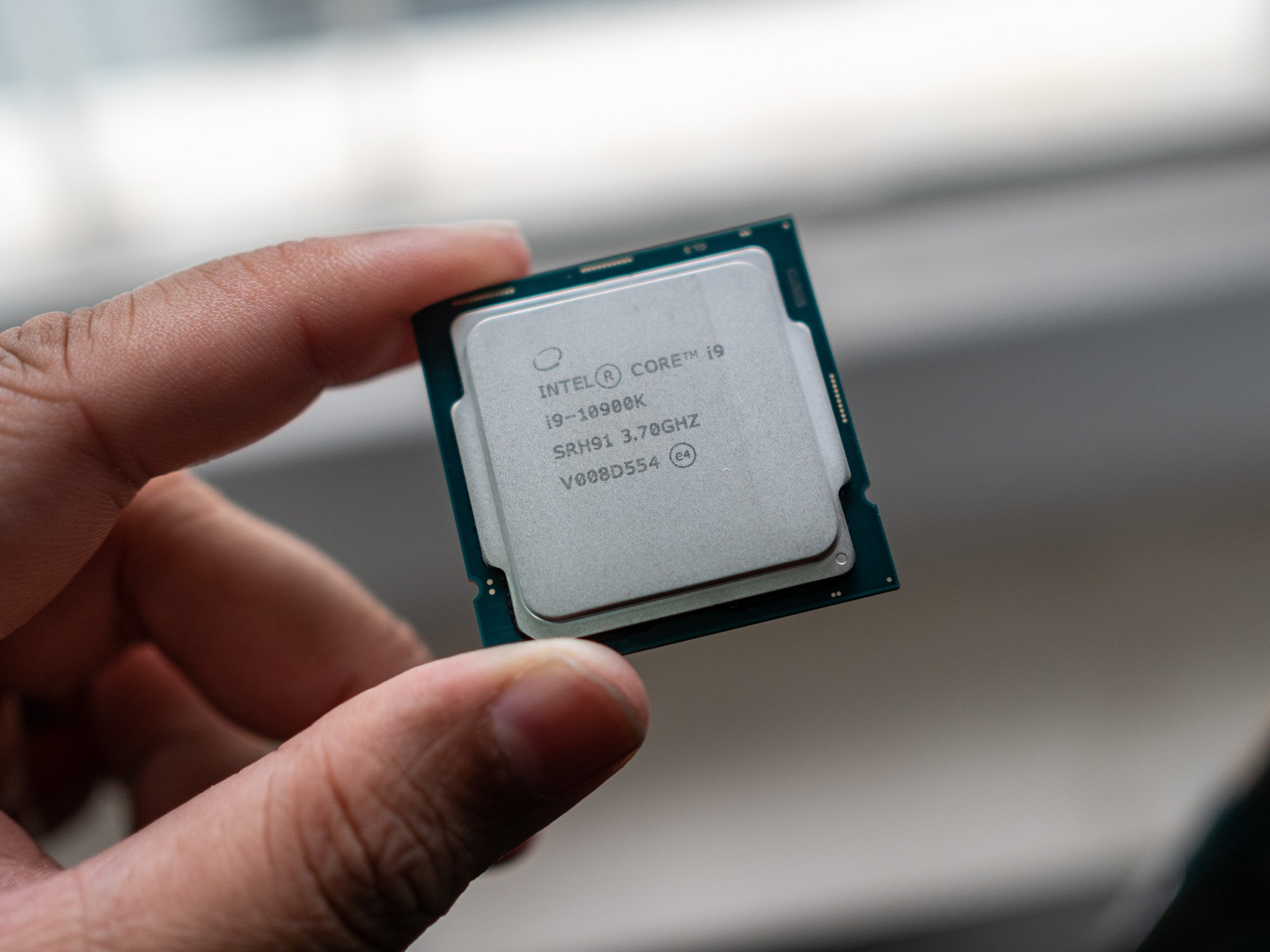UK loses Intel chip factory consideration due to Brexit
Brexit means Intel is no longer interested in the UK for its chip factory plans.

All the latest news, reviews, and guides for Windows and Xbox diehards.
You are now subscribed
Your newsletter sign-up was successful
What you need to know
- Intel has been making big moves with chip factory developments both domestically and abroad.
- The UK would have been considered for one of the company's chip factory projects, pre-Brexit.
- Now, Intel CEO Pat Gelsinger says the UK is off the table and that his company's focus is on the EU.
In a conversation with the BBC, Intel CEO Pat Gelsinger stated that his company's chip factory plans would've considered the UK had it not been for Brexit.
"Post-Brexit... we're looking at EU countries and getting support from the EU," he said, making it clear that the (up to) $95 billion Intel will be investing in Europe over the next decade won't include the UK as a top priority.
"I have no idea whether we would have had a superior site from the UK," he continued. "But we now have about 70 proposals for sites across Europe from maybe 10 different countries."
Gelsinger went on to say that he's hoping plans for the upcoming developments start to solidify before the end of 2021 and that chip factory work can get underway. The desire for speed is a result of the global semiconductor shortage ravaging certain economies and industries while exacerbating tensions in situations such as the chipmaking war between the U.S. and China.
In his talk with the BBC, Gelsinger projected noticeable improvements in chip supply to be visible by 2023, when the market will hopefully stabilize. He also reiterated the importance of not over-relying on Asia for chips.
The chip shortage has affected a wide range of entities, from automakers to the manufacturers of the best graphics cards. There are a few alternative solutions being found for the current crisis, but they're not enough to singlehandedly solve the problem.
All the latest news, reviews, and guides for Windows and Xbox diehards.

Robert Carnevale was formerly a News Editor for Windows Central. He's a big fan of Kinect (it lives on in his heart), Sonic the Hedgehog, and the legendary intersection of those two titans, Sonic Free Riders. He is the author of Cold War 2395.
